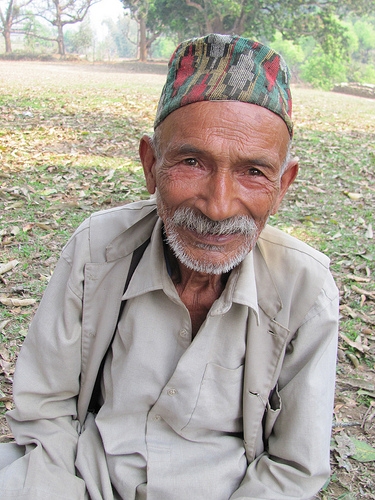- About
- Topics
- Story
- In-Depth
- Picks
- Opinion
- News
- Donate
- Signup for our newsletterOur Editors' Best Picks.Send
Read, Debate: Engage.
| topic: | Health and Sanitation |
|---|---|
| located: | Serbia |
| editor: | Katarina Panić |
Until around 20 years ago, schools in the Balkans did not have psychologists, only pedagogues. The authorities resisted employing them to avoid additional costs. Nevertheless, educational experts were persistent, and finally, the Balkan governments agreed to oblige the schools to have both pedagogues and psychologists and increased the budget for the education system accordingly.
It took years for these professionals to accustom teachers, pupils and parents that their services were not only for when problems escalated, but also for helping to prevent them.
"In the beginning, only naughty children came, problematic in behaviour, bad students. Going to a psychologist was almost a kind of punishment,” Ivana Beronja, a school psychologist in Bosnia, told FairPlanet. “On my first day at school, 11 years ago, I set myself the task of creating an environment in which going to a psychologist would not be taboo.”
Today, school communities are more sensitised to the role of psychologists. An integral part of growing up is developing a tolerance for frustration, which is created in a family from an early age by setting boundaries and prohibitions. This tolerance for frustrations is later upgraded into an essential life skill - resilience. However, the role of the family is significantly weakened.
"Parents are either overworked or unemployed, often occupied with basic existential needs. They do not manage or know how to invest their time, stability, emotions, energy and attitudes in raising their children,” Ivana added. “Mothers work 12 hours a day, while fathers come every 15 days on weekends from work abroad. There is no one to go to the official invitation of the school to have the most ordinary conversation!"
Peer violence remains the most common problem, with similar levels to before; however, it is now more often reported since it is better recognised. According to the Prijedor-based Social Care Centre, peer violence is also more brutal than ever and it is being practised among children as young as eight.
"I was astonished when my ten-year-old son's teacher called a parental meeting over other parents' complaints on vulgar and offensive communication among classmates via smartphone apps,” one of the parents told FairPlanet. “It turned out to be so deeply upsetting that it led to the isolation of some children, and online isolation led to the classroom's isolation too. It is horrifying.”
Photo by Ben Wicks

